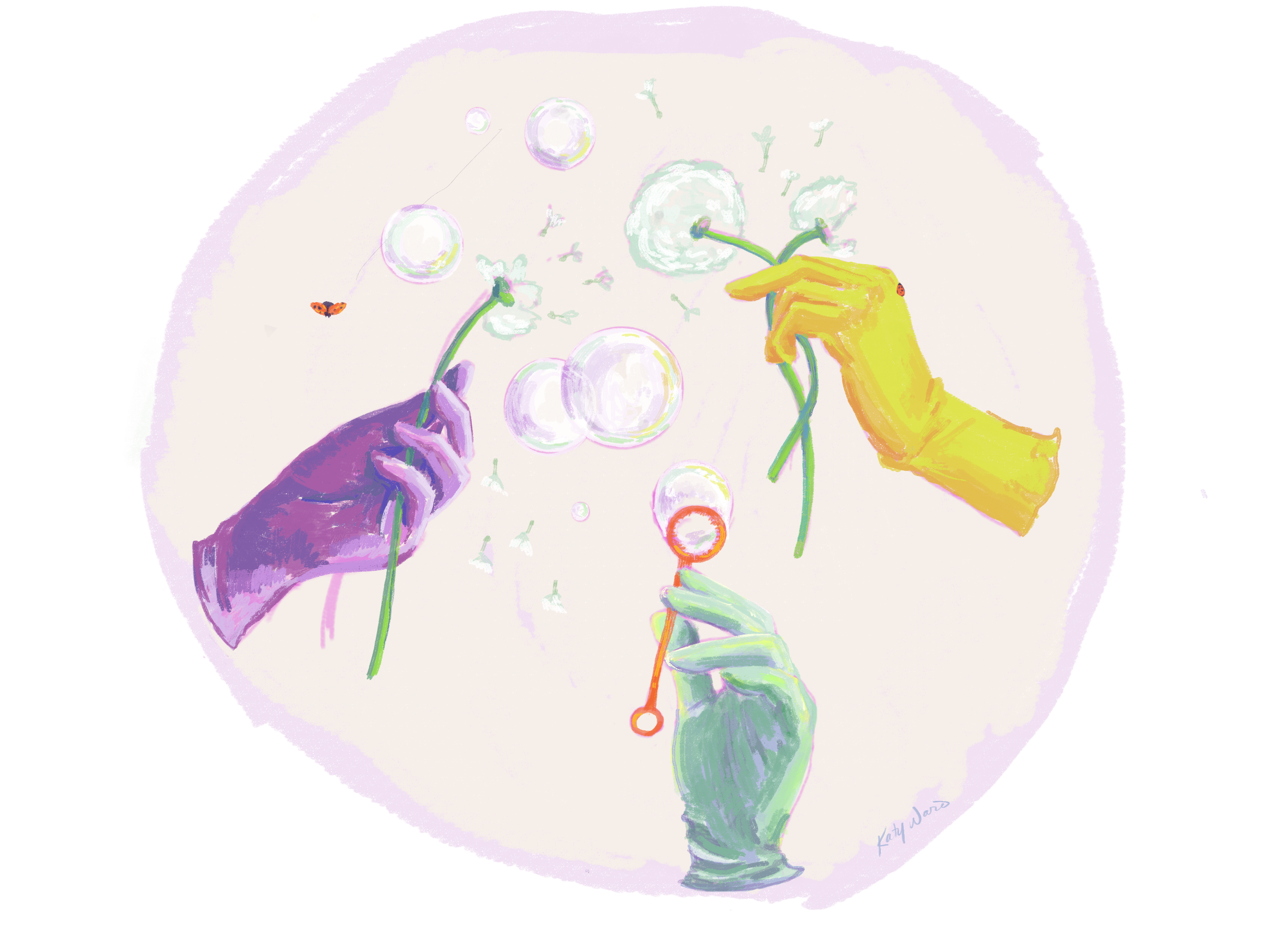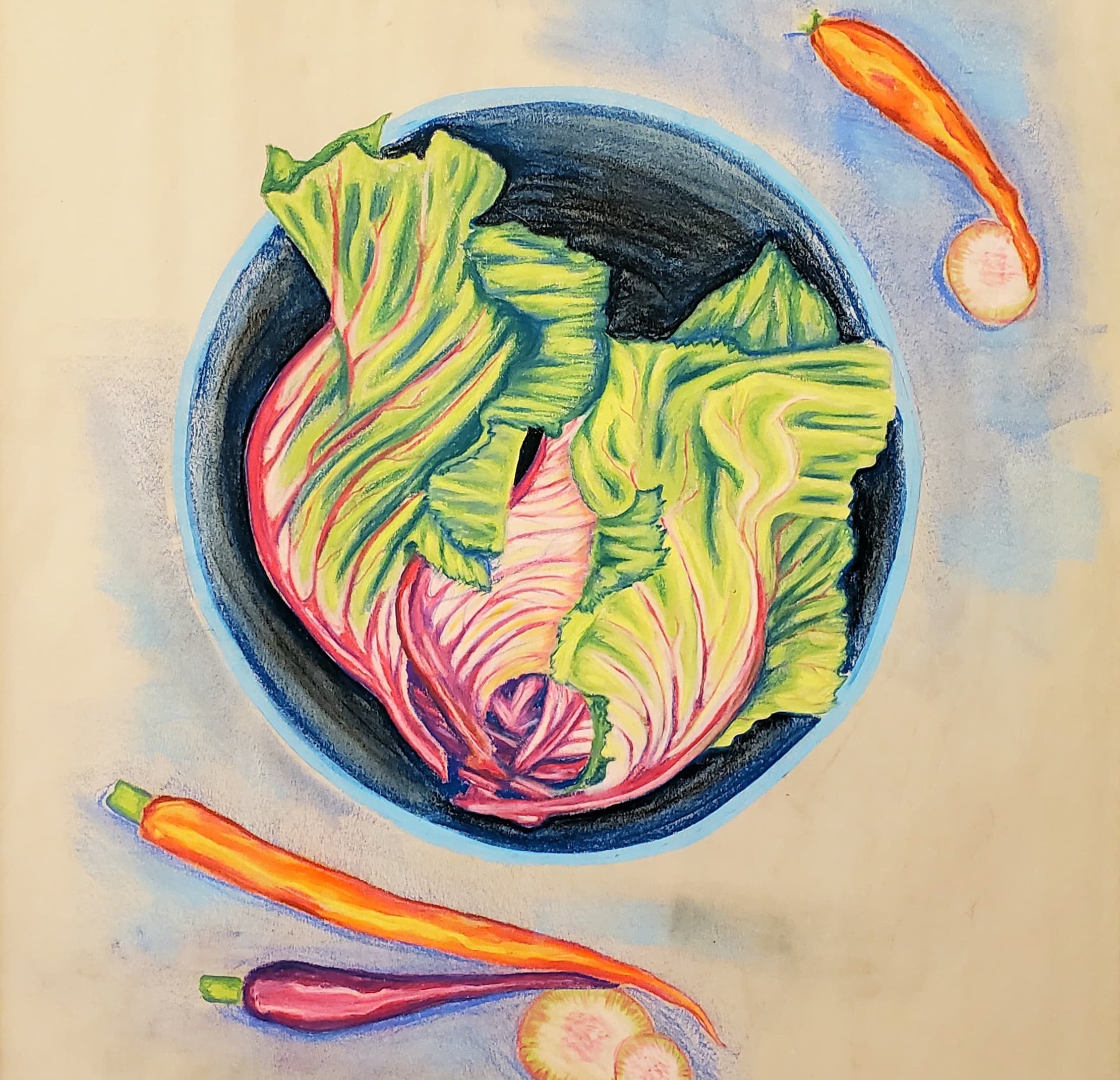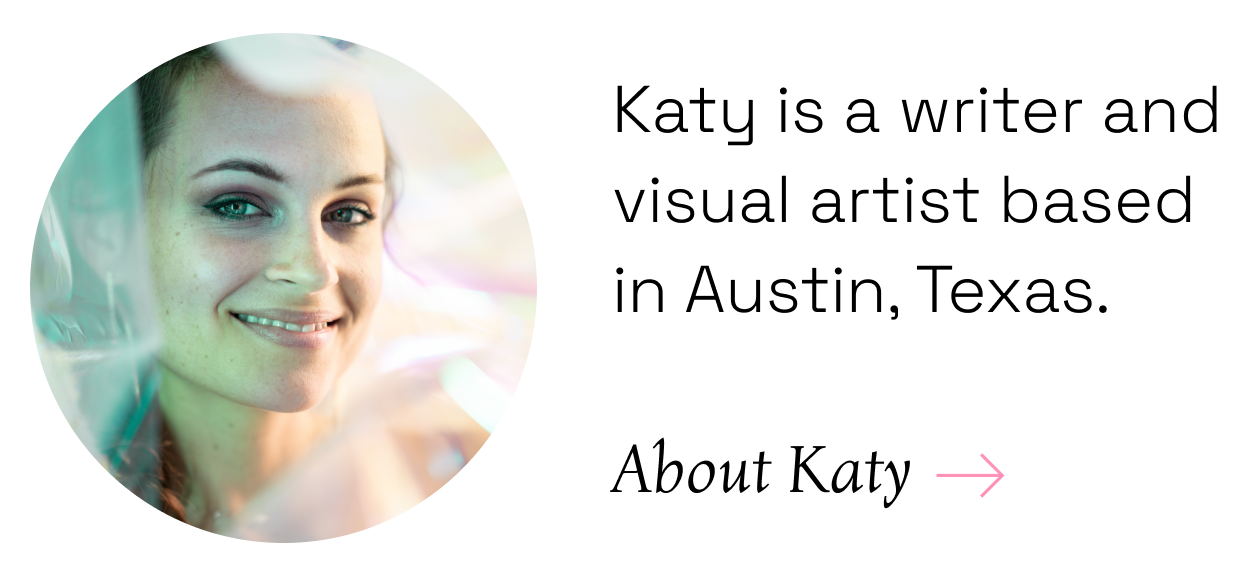It’s 11:11, make a wish!
But, why?
Is it superstition, woo-nonsense, or the childish remains of wishing on stars?
Before you snub it, consider the credibility of clarifying our desires on cue as wish opportunities pop up.
Here’s how to make the most of them.
1. Deeper Desire Check-In
Remember the last time someone “put you on the spot?”
You’re in a meeting and a colleague asks for your opinion in front of everyone, and you accidentally blurt out what you really think.
Or, you’re venting about something banal with a friend, and when they ask you what you felt about the situation, you share a deeper frustration that surprises you.
Wishes can act like a conscious-bypassing trigger in much the same way.
We often can’t predict when we’ll see 11:11, or when a ladybug will land on us, or when we’ll see a penny on the ground. There’s no time to ruminate on what we think we want. Then, the deeper wish comes out, as guileless as a floating soap bubble.
The unexpected demand to distill a desire can be a valuable tool.
In those moments, the things I most want to feel will rise to the surface and push away to-do lists. They are a moment to listen to the inner emotional self, the self that is ruled by appetites and desires and fears and loves. In the moment of wishing, the mind shuts off, useless in the face of something so trivial. The wish emerges in it’s soap-bubble fragility, and you get to decide what to do with it.
Does it matter?
Does it tell you what you really want?
Does it reset your focus?
Or does it pop and blow away?

2. Deserving and Permission
I remember being at my Nana’s house as a teenager and flipping through an American Girl magazine while she cooked in the kitchen. I remember it because she said something that shocked me.
I flipped the pages and off-handedly said that I would have loved to have an American Girl doll when I was little. Nana had made a matching outfit for my cousin to go with her doll’s outfit, and I thought it was magnificent.
In that moment, she stopped chopping and looked at me in disbelief.
“I would’ve loved to get you one. Why didn’t you ever ask?”
Right then, a little sliver of my heart cracked.
I hadn’t realized how good I was at NOT asking.
I was the oldest daughter of a single mom at the time, and had learned young that the kinds of things I liked were “expensive.” So, I learned to help everyone out by not asking. That little coping mechanism had a cost— My sense of deserving had shrunk to fit into a walnut.
I wanted to crack it open. So, once I was making my own money, I tried a new experiment: What if during my birthday month, I was lavish with myself? What if, just during that month, I asked for what I wanted?
That was when I started making much of my birthday and permitting myself to want things in the first place.
Just during August, I couldn’t take up too much space.
Just during August, I was allowed to deserve all the nice things and little treats. I had permission to wish for things that seemed silly, impossible, or impractical, and I’d fulfill as many of those wishes as I could.
Eventually, that attitude expanded to the rest of the year, as the fear of being too much faded away. Wishes became a simple mantra that I’m worthy. Whether the wish would be fulfilled or not, the act of wishing around my birthday became a ritual of self-permission to desire unreasonably and only see possibility.

turning 31 with a birthday crown
3. Feeling Your Humanity
Long ago in Persia, a wishing tradition started on the side of the road. Today, you can prepare it from a Pinterest recipe.
The tradition was called beggar’s soup.
If you passed a pot on the side of the road, you’d know to throw a few coins in to help the beggar buy ingredients for soup. The pot was a sign of the wish for a meal, and the gesture would come back around when your garden ran out of leeks and potatoes.
Later, the tradition became a sort of potluck, where dinner guests would bring ingredients for soup as a ritual of communal support for a loved one’s wish.
In this tradition, the wish is shared in hopes of increasing the likelihood of its coming true. Instead of assuming wishes are tenuous and vulnerable, they were considered a point of connection.

Similar to a gratitude practice, wishing can become a way to feel our humanity.
Your soul reaches for things that feel beyond you and others are invited to participate. Your moments of joy may rely on other people and on the chance of nature to have your wish fulfilled. It’s a moment to feel big in your deserving and small in your respect for the wide story of life that you would then offer a wish to.
We see a shooting star, cast our wish, and wonder… could this remote and mysterious gem in the sky care about the longing in a single small self? Certainly, we say, it can, and we only grow out of it when we minimize the humanity of desire.
There is humanity in the bigness of the galaxy and the smallness of a fallen eyelash.
When we wish on small minutiae like ladybugs, dandelions, pennies on the ground, coins in a fountain, a fallen eyelash, or numbers on a clock, we halt the distraction of the outer world and pay vivid attention to a tiny detail.
The brain releases a bit of dopamine as if we’ve scored points in a game we didn’t know we were playing. A wish has arrived! The Matrix has glitched, the mundane is interrupted, and now we get to make a wish.
This noticing is a power all on it’s own, an attentiveness to the beautiful details that we miss when we’re anywhere else but present. It’s a tiny moment of gratitude and happiness to be alive in a world of the unexpected amidst the predictable, and a moment to see nature’s beauty in spite of our numbness.
A wish is an access to feeling alive.

4. Dare to be Whimsical
In that moment of aliveness, we touch the absurd. Why would a ladybug change our demeanor entirely? How could it have the power to surface desires and feelings that change our perspective? Wishing is a Disney thing, we think, we’re supposed take things for our own or assume they’re impossible (in the ‘real world’).
This is an edge for courage. It’s silly to wish! 11:11 is SO SILLY. Any wishing totem is arbitrary, based on symbols, just like the words we use in everyday language. It’s not strictly real. And yet, it’s a portal to remind us that what is real is the way we see things, because it’s absolutely impossible to perceive anything with absolute objectivity anyway.
Even photons respond to our perception, so, we might as well wish on a dandelion.
The courage to step beyond cynicism and communicate desires is a secret nobility. We are willing to be vulnerable, willing to be absurd, willing to take joy in the mundane instead of safely blocking out the wild cards out there.
Don’t be afraid to wish
I once had someone tell me not to involve myself in witchcraft. It was a stranger, or forgotten acquaintance. They responded to an Instagram story I shared with 11:11 captured by my smiling face.
It really takes a certain kind of thing to tick me off, and boy, that did.
I understood it was a religious reference, but all I could read was fear and control, fear and control. No whimsy, no enjoyment, no gratitude, no touchpoints that feel personal, only touch points that are prescribed.
The person was trying to be kind, protective, and potentially evangelistic, and if I listened that way I could hear them expressing care and interest in my story. No harm done.
The whimsy of it is that even if I was cosmically wrong to wish, I still would. It’s a way of living delightedly in a harmless delusion, relating to the greater Intelligence that I know in my own whimsical way. It’s a sweet reminder that the made-up-world responds to what we communicate within and without.


